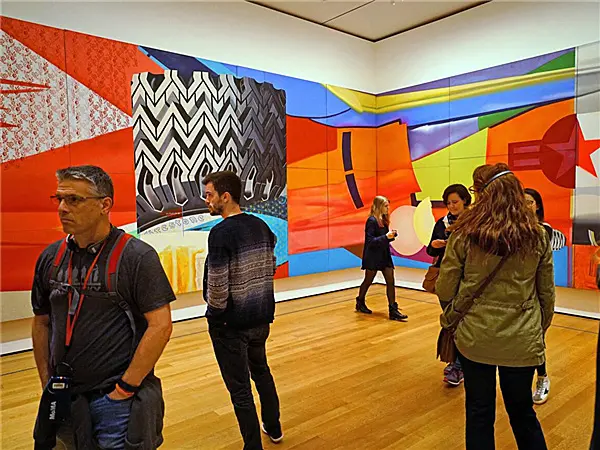Japan's Prime Minister Shinzo Abe will likely visit the controversial war-linked Yasukuni Shrine by the end of the year, according to government and media sources Monday.
Abe who has avoided personally visiting Yasukuni since assuming office, but has made three offerings at the shrine by way of proxy, has openly said that he has regretted not visiting the shrine earlier.
Japan's premier has also said he felt contrition for not paying homage at the shrine during his first term in office between 2006 and 2007.
But having not visited Yasukuni, which enshrines 2.5 million war dead, including 14 Class-A war criminals, in a bid not to antagonize nations that suffered at the hands of Japan's brutal colonial occupation during World War II, Japan's right-leaning prime minister may make the contentious trip before the end of the year, Japan's top government spokesperson said Monday.
Abe's visit to the shrine, which is widely regarded as a symbol of Japan's imperialistic, wartime military aggression, will mark the first time a Japanese prime minister has made the pilgrimage since 2006.
"The prime minister himself will decide whether to visit from a broad perspective. That says it all," Chief Cabinet Secretary Yoshihide Suga told a press conference Monday, confirming prior media reports of one of Abe's aide's alluding to the prime minister's planned visit this year.
Koichi Hagiuda, a lawmaker and aide to Abe, was quoted as saying that Abe had not changed his fundamental position on the shrine and still wishes to visit, despite an inevitable backlash from Japan's neighbors such as China and South Korea.
"Some people say he should visit the shrine sometime while he is prime minister, but a visit to the shrine should be made at least once a year," Hagiuda, was quoted by local media as saying Sunday.
Abe's potential visit to the war shrine comes at a time when diplomatic ties between Japan and South Korea are decidedly low over territorial disputes and misperceptions of history, with Japan's neighbors looking to Japan to squarely face its militaristic past before diplomatic ties can be fully restored.
Hagiuda added that he believes Abe will visit the shrine within the first year of his current term in office, in a move that runs contrary to Abe maintaining that he wishes to reestablish ministerial-level diplomatic channels with his Asian neighbors.
During Yasukuni's annual autumn festival, at least two ministers and hundreds of lawmakers visited the shrine which is run by a private foundation with the 14 Class-A war criminals' " souls" enshrined there secretly in 1978, according to incontrovertible historical records.
Japan's official war cemetery is, in fact, the internationally- recognized Chidorigafuchi National Cemetery, which was established by the Japanese government in 1959, to house the remains of Japanese soldiers who died during World War II and is located just minutes from Yasukuni in central Tokyo.
Yasukuni was boycotted by U.S. Secretary of State John Kerry and Secretary of Defense Chuck Hagel during a recent trip to Tokyo in favor of the nationally-recognized Chidorigafuchi National Cemetery, in a premeditated move to dissuade Japanese ministers and lawmakers from visiting the controversial shrine, notable political pundits have attested.
 简体中文
简体中文

